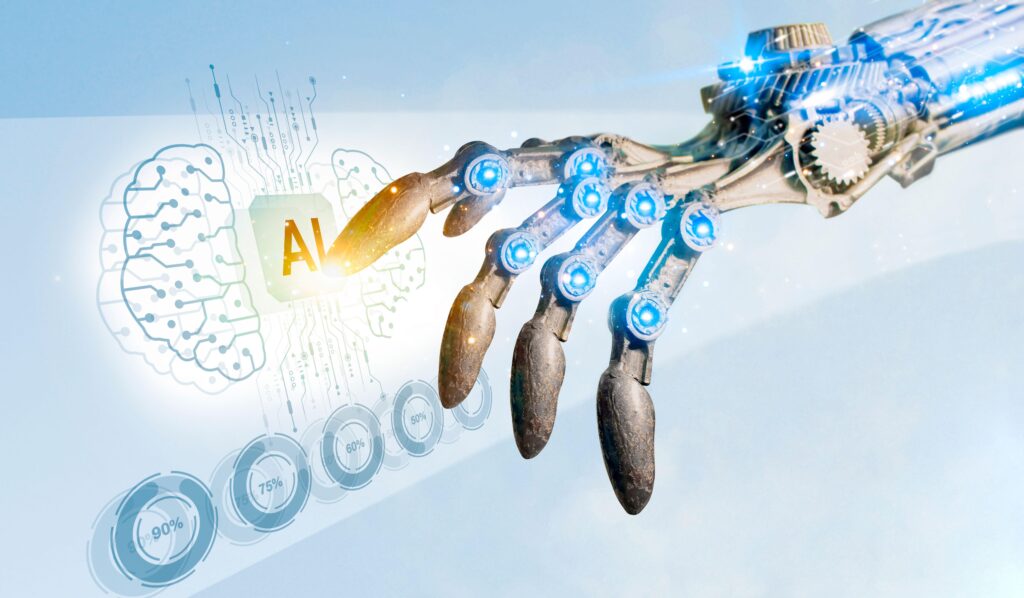
The European Union (EU) has agreed to create an artificial intelligence (AI) technology regulation law.
According to Reuters and other sources, representatives of the European Commission, the European Parliament, and 27 EU member states agreed on a bill known as the “AI Act” on the 8th (local time) after a marathon meeting that lasted for more than 37 hours. The deal classifies the risks of AI and strengthens transparency. It banned scraping biometric information from the Internet or security video to establish a facial recognition database that categorizes people based on political and religious beliefs, sexual orientation, and race. However, some exceptions were made, including allowing real-time facial recognition for searching human trafficking victims, preventing terrorism, and tracking crime suspects such as murder and rape.
Under the regulatory law, companies wishing to do business in the EU must disclose their data and conduct rigorous tests in the future. Violation of regulations will result in fines of up to 35 million euros or 7% of global sales.
The bill is expected to take effect early next year after official approval by the European Parliament and member states and will be fully applied two years later. The contents of the final agreement may be changed as discussions on technical details continue.
The EU has reaffirmed its leadership in regulating global AI technology by enacting the world’s first AI regulation law. “Europe has established itself as a pioneer, understanding the importance of its role as a global standard setter,” said Thierry Bruton, EU Commissioner for Domestic Market. However, the New York Times questioned its effectiveness, saying, “This bill will not be implemented for 12 to 24 months, which is a fairly long time in terms of AI development.”
EJ SONG
US ASIA JOURNAL



